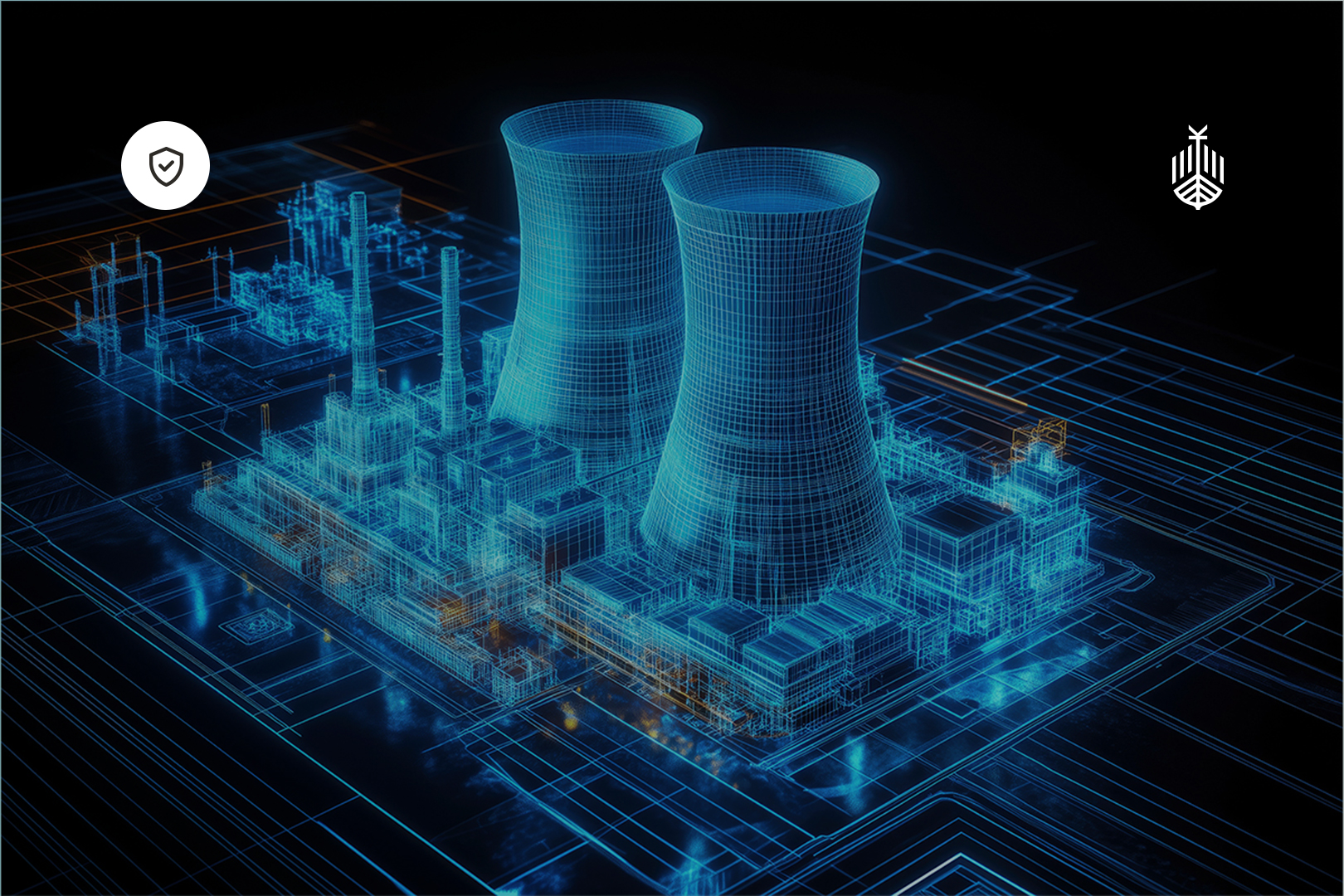"This changes everything" – Apple (2007)
They didn’t know how right they’d be. Now, 16 years after the iPhone launched with that historic campaign line, there are over 6 billion globally active smartphone subscriptions. (Source)
You can now reach anyone in the world at any time, from anywhere, instantly, for free. You don’t need to own a newspaper or run a TV station. You don’t need specialist skills or technology. There are no editors to tell you what you can or can’t say. No sub-editors or fact-checkers.
In practical terms, there are no regulators, no watchdogs, no government censors. It’s a capability that Emperors and media moguls could only dream of. It’s state-level power in the hands of the individual. For our adversaries, it offers a narrative environment with zero consequences and unrivalled deniability.
The effect that this has had on our information supply chains is clear: knowing what’s true and what isn’t has become increasingly difficult for all of us, and governments and their defence and national security organisations are no exception. We can see the effect in real, geopolitical terms: from the Arab Spring to the war in Ukraine to Hamas’s recent attacks, some of the biggest battles have been fought not over land but over the narrative.
To governments, to the intelligence community, to front-line commands, the information space has never been so important; and it’s never been so contested, congested and adversarial.
AI and the threat to information integrity
With the advent of generative AI – and its inevitable ubiquity – the threat to our information integrity is about to get exponentially worse. Just as smartphones and social media have allowed us to amplify our voices, AI will allow us to amplify our actions.
Until this point, machines could only ingest and disseminate information. Now they can produce it – and thousands of times faster than humans ever could. In fact, it’s vital that they do; having gobbled up everything that humans have ever written, the next generation of AI must train off the synthetic data produced by the previous generations. According to a recent Gartner study, 60% of all data used in the development of AI will be synthetic by 2024, up from 1% in 2021.
To many, the value of synthetic data isn't immediately clear. But to AI developers, it's gold. We live in a world where a self-driving car might drive billions of miles in a synthetic training environment, in conditions which are far too dangerous to try in reality. Here, the data’s utility in improving the performance and safety of the car is all that matters – not its veracity. However, orienting ourselves in an information space that’s both polluted and diluted by the same dual-use technology could easily – but won’t inevitably – become ever more difficult.
Making information supply chains more secure, resilient and transparent
We need, therefore, systems and applications that help us understand and mitigate the misuse or weaponisation of information supply chains. Without them, misinformation, deception and polarisation will continue to flourish. Civilians, incited or misinformed by online content, will increasingly be at risk of being drawn into active warzones, while men and women in uniform and public office face a crisis of orientation and decision-making due to the exponentially increasing volume and velocity of deceptive or irrelevant signals.
On the other hand, those nations, organisations and individuals that are able to rely on a secure, reliable and transparent information supply chain will have a staggering advantage over their competitors and adversaries.
That’s why it’s essential to seize the initiative and deliver capabilities to observe, orient, decide and act – swiftly and effectively – within increasingly contested and unstable information environments.
A global AI superpower
Fixing our information supply chains may at first glance appear like a lost cause. It is tempting to simply accept a permanent ‘Post-Truth’ state of affairs where, automated and accelerated by Generative AI and LLMs, scams and fake news proliferate until the only thing we can all agree on is that we agree on nothing.
But there is great cause for optimism.
Information is a commodity. It has supply chains, however diffuse and obfuscated they may be. As with uranium or diamonds, there is much we can do to secure these supply chains, and to ensure their resilience. Despite the fact that AI is likely to enable the threat – or because of it – AI can also help us address it.
The UK is in an excellent position to lead the world in this regard. It remains at the forefront of R&D globally, and many of the biggest leaps in the development of AI originated here.
This includes the pioneering work of Deepmind, co-founded by British prodigy Demis Hassabis, which in 2020 solved a 50-year-old grand challenge in protein folding.
Similarly, drug research company Exscientia became the first company to enter an AI-designed drug into clinical trials in 2020. In a process which usually takes many years with traditional methods, it took Exscientia just 12 months to make their discovery. The list goes on.
The UK’s enviable track record shows that pessimism on the issues surrounding the weaponisation of information is premature. It’s also, given the stakes, dangerous. From protein folding to drug discovery, the UK has consistently punched above its weight. The same ingenuity must be used to secure information supply chains and cement the UK’s position as a global AI superpower.
Information Resilience
The emerging superhuman abilities of AI to capture attention and disrupt information supply chains highlight the need to invest in what former GCHQ director and author of How to Survive a Crisis, Sir David Omand, refers to as ‘information resilience’.
Information resilience is the counterpart to information disruption and denial. It underpins our ability to gather relevant and trustworthy information, even in a crisis, and to orient and sense-make amidst false and misleading signals. It is the core competitive advantage which enables consensus-building in a world of narrative contest and defends against attempts to weaponise the supply of information.
Some solutions may at first appear counter-intuitive. In a world awash with mis- and disinformation, there will for example be instances where the most unbiased advisor in the room, uniquely aligned to your objectives, is an AI algorithm. This is not an operating environment many are ready to accept or adapt to.
But there is a formidable argument for ensuring that the UK leads the world in developing these solutions.
The alternative is that information supply chains either break down or fall under the control of others. The UK risks missing a historic opportunity to create the information supply chains of the future, maintaining a decisive information advantage on the global stage.
A common threat requires an integrated response
The MOD’s Joint Concept Note on Information Advantage made clear, that our ability to defend the freedoms and liberties afforded by open information supply chains, to help and serve audiences in a globally connected world, and to keep citizens secure from cyberattacks, scams and harassment will depend on an integrated response.
The nation’s fleet of academic institutions, research organisations, start-ups, and policy frameworks is both well established and growing rapidly.
Singular tools and technologies will not be enough. Information resilience will need to be sustained not by a single organisation but by a robust ecosystem of capabilities across government, defence, academia and industry.
In a world which is dangerously polarised and contested there is, as ever, an opportunity in crisis. Global Britain’s ability to create and export resilient information supply chains will determine our prosperity and security for the decades to come.














